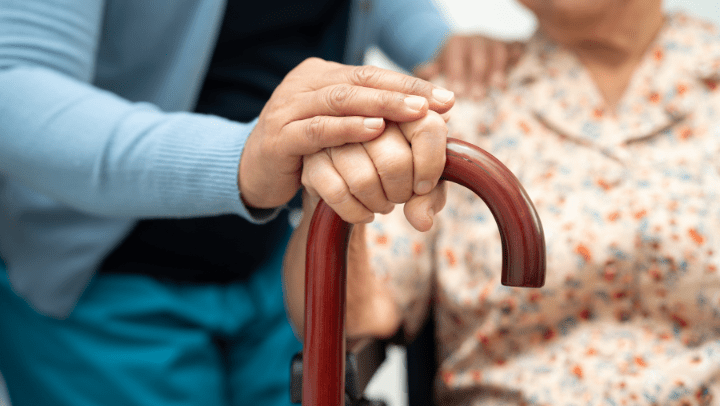
The United States has about 38 million family caregivers who look after their senior loved ones. These dedicated individuals spend around 18 hours each week caring for others. This adds up to an incredible 36 billion hours of care every year.
This level of care takes a huge personal toll. You may need to help with daily activities, handle healthcare needs and provide rides. These responsibilities can quickly become overwhelming. Many caregivers don’t get enough sleep, lose their privacy and face higher risks of burnout and depression. You’re not alone if you find it tough to care for your aging parents. Many families deal with these same issues, especially when they share homes or help loved ones with complex conditions
The Invisible Emotional Toll on Family Caregivers
The physical demands of caregiving tell only part of the story. A deeper emotional experience often stays hidden from view. Research shows caregivers suffer from depression and health problems more than people who don’t provide care. About 40% of people who take care of others feel emotionally overwhelmed.
Emotional strain shows up in many ways. Caregivers often struggle with anxiety, depression and feeling alone. Studies show women handle more caregiving duties and feel more stressed than men who provide care. People caring for someone with dementia face extra tough situations and feel more stressed and depressed than other caregivers.
These challenges reach way beyond mental health:
- Money problems and career setbacks
- Interrupted education, especially for younger caregivers
- Damaged personal relationships
- Higher chances of long-term health issues
Research analysis shows stressed caregivers’ depression levels are twice as high as those of non-caregivers. Older adults who take care of others face special risks because caregiving can weaken their immune systems and make existing health problems worse.
Research proves that highly stressed caregivers, about 18% of all caregivers, show much higher levels of depression. This emotional burden creates a chain reaction – cancer patients with depressed spouses are four times more likely to become depressed within a year.
How Family Dynamics Transform Through Caregiving
Family caregiving fundamentally alters relationships and brings unexpected changes to family bonds built over the years. Recent studies paint a stark picture – 98% of family caregivers deal with stress and half of them face extreme stress levels.
Sibling relationships face unique challenges in this situation. Most siblings believe they should share caregiving duties equally. Reality shows a different picture – one sibling usually takes on most responsibilities. This creates friction, especially when adult children take care of aging parents. About 80% of baby boomer caregivers notice their marriages suffer while caring for a parent.
Caregiving brings several relationship changes. Old family dynamics become more intense. Traditional roles reverse unexpectedly. Family members communicate differently. Money matters create new pressures between relatives.
Siblings add more layers to this complex situation. Sisters face greater risks of negative experiences that reduce their quality of life. Research shows older brothers report fewer negative caregiving experiences, while younger sisters report the most.
The future might see siblings playing bigger roles in caregiving. Baby boomers have higher divorce rates and fewer marriages than previous generations. This means more people might need their siblings’ help as they age.
Finding Light in the Darkness: Senior Living Community
A senior living community in Elm Grove, WI, brings hope to tired family caregivers. Studies show that coordinated support services help reduce caregiver depression, anxiety and stress. These communities give detailed care solutions that work well for seniors and their families.
Money matters need a full picture. You can understand how home care costs match community living costs. Most communities have fixed monthly fees that cover housing, utilities, meals, and activities. This removes surprise maintenance costs.
The move needs careful planning. Data proves that coordinated support services make things better for both caregivers and those who need care. These communities encourage independence while keeping help close at hand. Families dealing with caregiver burnout can find great relief through these communities’ care services. This break lets caregivers recharge and handle other responsibilities.
A New Start
Family caregiving definitely brings the most important challenges. The emotional strain and complex family dynamics can take their toll. Your dedication to caring shows admirable commitment. Note that asking for help is just as vital to your well-being and your family’s future.
Moving forward doesn’t mean stepping back from your loved one’s life. The right balance between family involvement and professional support makes all the difference. A senior living community helps create this balance by:
- Reducing caregiver stress and burnout
- Preserving precious family relationships
- Providing consistent, professional care
- Supporting both seniors and their families
Your role as a family caregiver makes a real difference, and you deserve support with these challenges. The team at our community, Heritage Elm Grove stands ready to help. Call (262) 786-5800 to learn how professional care can enhance your life and your loved ones!


